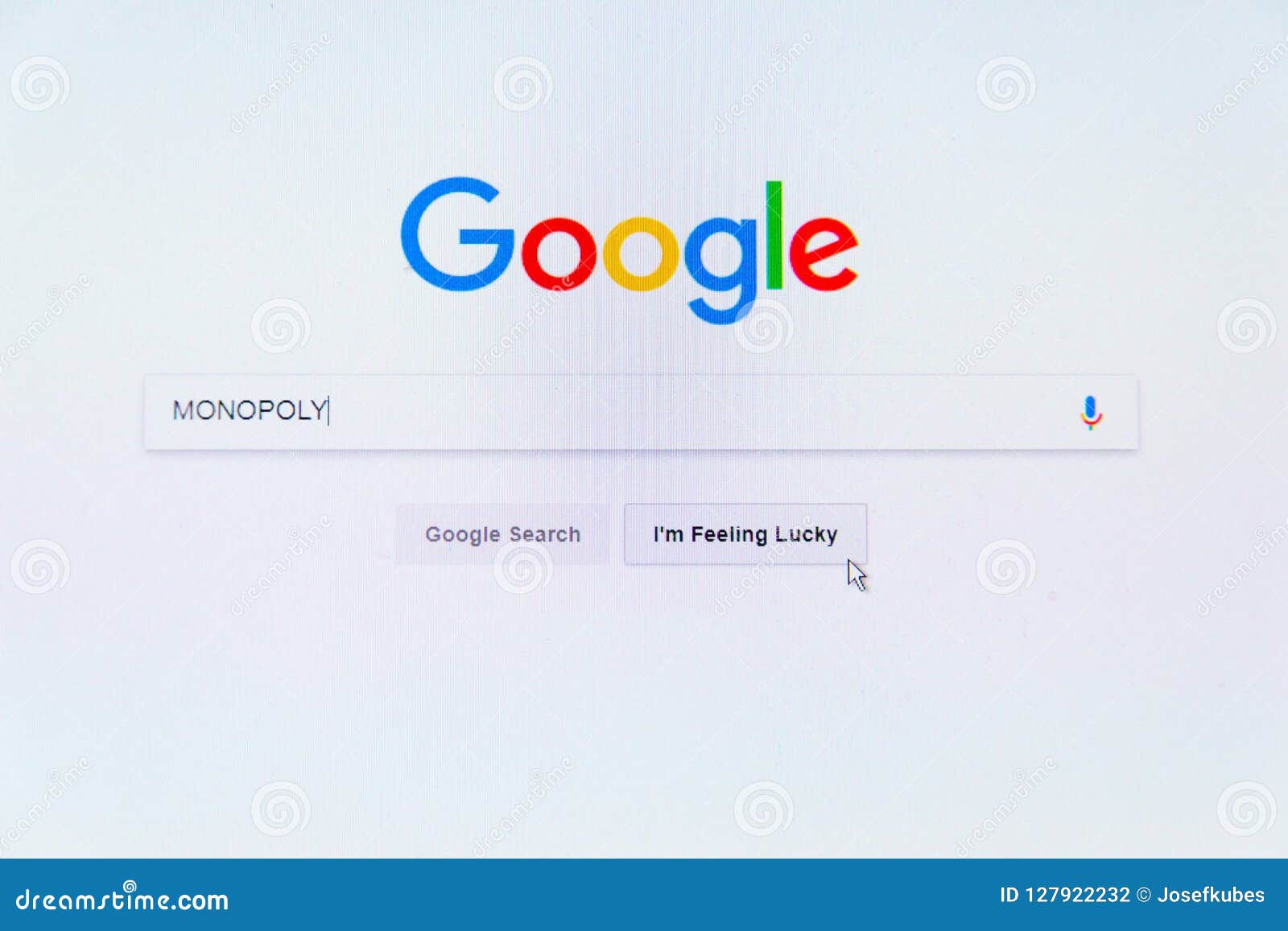

In recent years, each company has expanded and exploited their power of the marketplace in anticompetitive ways," Judiciary Committee Chairman Jerrold Nadler (D-N.Y.) and antitrust subcommittee Chairman David Cicilline (D-R.I.) said in a joint statement. "As they exist today, Apple, Amazon, Google, and Facebook each possess significant market power over large swaths of our economy.

Markets are correctly measured in dollars, not in the nebulous currency of "queries." A good search engine reduces the number of queries for each user, anyway.Further Reading Antitrust 101: Why everyone is probing Amazon, Apple, Facebook, and Google That's the "market." That's where the money is. One underappreciated dimension of the M word when applied to Google is that it should not be about the percentage of queries, or even search users, who are not the customers.

Time magazine Policy & Law columnist Jerry Brito wrote recently that Google can't be charged with violating antitrust law, mainly because it has only 65% market share for search.īrito didn't specify his source for that number, but it's likely he was referring to comScore rankings, which count the number of queries conducted by users, rather than the number of users or the number of advertising dollars. That these companies are monopolies is obviously, literally and provably false.īut calling either Google or Apple a "monopoly" is just a lazy exaggeration to imply that it has a "monopolistic" position in the market, which means that although it's not actually a monopoly, it's close enough to be deemed "anticompetitive." Does Google have monopoly power in search? That definition alone technically invalidates everyone who says Google or Apple is a monopoly. In a market controlled by a monopoly, that one company can determine prices because of the three criteria listed. The idea here is that with perfect competition and many companies, no one company has control over the price it can charge.

At one end of the spectrum is something called "perfect competition," which involves, by definition, a huge number of companies selling into that market.Īt the other end of the spectrum is "monopoly," for which there are three criteria: But is it true? Are Google and Apple actually "monopolies"? What is a monopoly, anyway?Įconomists view any given market as ranging somewhere between two theoretical extremes. The "monopoly" accusation is made freely.
GOOGLE’S MONOPOLY WINDOWS
Last weekend, I appeared on Leo Laporte's netcast "This Week in Tech," in which fellow guest and columnist Ed Bott said that just as Microsoft used its operating systems monopoly with Windows to make Internet Explorer the leading web browser, Apple is " leveraging their dominant position in the tablet marketplace with the iPad and then creating a proprietary, incompatible version of an open industry standard" with iBooks Author and iBooks 2. OS News asked: "What about Apple using its tablet monopoly to push into textbooks and locking students in?" Marsha Blackburn (R-Tenn.) said this week that "Google's move to eradicate consumer choice all together across their various platforms raises additional questions about how the company's monopoly power might hurt competition."Īnd after Apple last week announced new software, services and initiatives related to education and electronic publishing, critics of that company have used the word "monopoly" to characterize Apple's position in the tablet market.


 0 kommentar(er)
0 kommentar(er)
